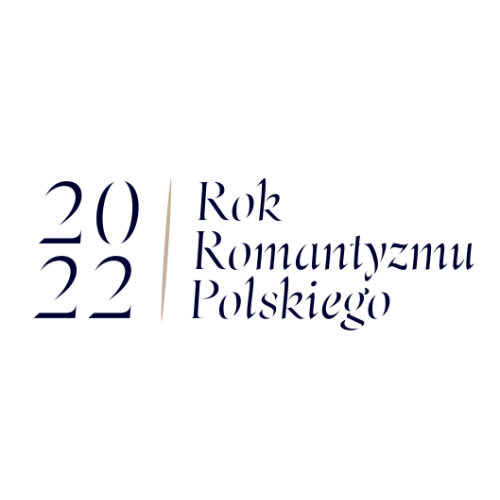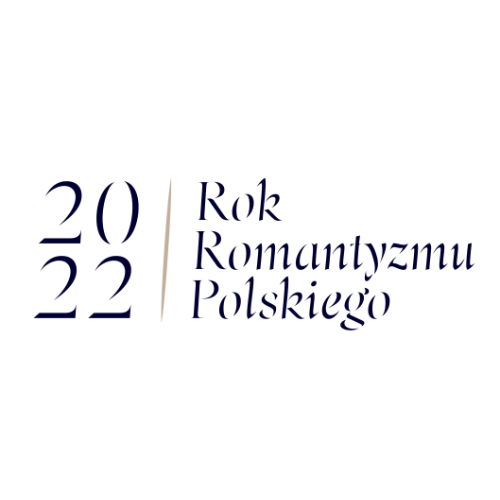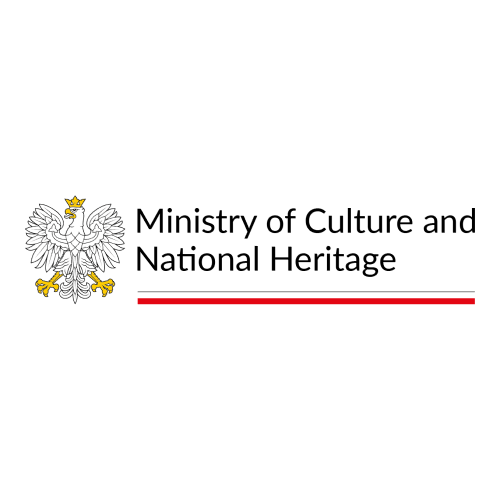A Sea of Dreams did Breathe on me
Songs of reflection and nostalgia for soprano, mezzo-soprano, baritone, mixed choir and orchestra Concert
Poetry served as inspiration for Krzysztof Penderecki music ever since he became a composer. In 1958, just before he shot to fame, he set to music Psalms of David in Jan Kochanowski’s translation. Half a century later he wrote Symphony No. 8 ‘Songs of Transience’ (2005) set to German poetry, followed by Three Chinese Songs (2008) drawing on Li Bai’s medieval verses. This strand in his output culminated in A Sea of Dreams Did Breathe on Me… Songs of Reflection and Nostalgia (2010), a song cycle written in tribute to Chopin.
Thanks to his uncommon erudition and exquisite literary taste, Penderecki was able to personally select the poetry, prose and drama he wanted to explore in his musical works. Gifted with a writing talent, he devised librettos for The Devils of Loudoun, Black Mask (with Harry Kupfer) and Abu Rex (with Jerzy Jarecki). He never fulfilled his dream of composing operas after Gogol’s The Government Inspector and Racine’s Phaedra. Penderecki developed a love for reading back in his childhood. His grandfather, Robert Berger, a bank manager based in Dębica, had a massive library and encouraged his grandson to familiarise himself not only with the classical canon but also the popular literature. What proved particularly consequential to Penderecki was Polish poetry, which for a long time resonated with him on a personal level and resurfaced in his work only in 2009 when the 77-year-old composer set down to write a tribute for Chopin on the latter’s upcoming bicentenary (2010). Originally, Penderecki intended to mark the jubilee with a polonaise brillante for a symphony orchestra but soon his thoughts turned in the direction of verse and wordsmithery.
From the outset, he ruled out any possibility of writing a piece for piano. The medium that Chopin mastered so brilliantly was never of interest to Penderecki as a composer: he was more drawn to the expressive possibilities afforded by the strings, orchestra and the human voice, in particular the soprano. Penderecki composed his most important piano work, Piano Concerto ‘Resurrection’ (2002), while believing that there was nothing left in piano music to achieve after Chopin – everything that was written since was just a natural follow-up to the his Romantic counterpart’s innovation.
As a result, the composer decided to write a cycle of songs for three solo voices (soprano, mezzo-soprano and baritone), choir and symphony orchestra, all of which were settings of poems by Cyprian K. Norwid (1821-1883), Young Poland poets, the early 20th-century Skamander group, and Zbigniew Herbert (1924-1998). He set down to work in the autumn of 2009, but before he put down the first note, he had spent a great deal of time choosing the poems and ‘finding a word that [would] bring about the right sound’. Revisiting poems he read in his youth proved greatly satisfying. ‘I started to rediscover the familiar poetry of Norwid or Leśmian and came to know works that had been so far unfamiliar to me – for example, Aleksander Wat, whom I had mostly known for his prose,’ Penderecki wrote, commenting on the new cycle.
The title of the new piece – A Sea of Dreams Did Breathe on Me… – is a quote from Tadeusz Miciński. The cycle has a triptych structure. The first part – ‘Enchanted Garden’ – explores the poetry of Kazimierz Wierzyński, Konstanty Ildefons Gałczyński, Stanisław Korab-Brzozowski, and Kazimierz Przerwa-Tetmajer. The second part – ‘What Does The Night Say?’ – draws on the poetry of Leopold Staff, Aleksander Wat, and Tadeusz Miciński. The final ‘Adagio-Requiem’ features chords from Chopin’s Sonata No. 2 in B-flat minor Op. 35. The recurring motif, Norwid’s poem Chopin’s Piano, captures the essence of the whole cycle.
The work was given its debut on 14 January 2011 at the Warsaw Philharmonic Hall by Wioletta Chodowicz (soprano), Agnieszka Rehlis (mezzo-soprans), Mariusz Godlewski (baritone), the Warsaw Philharmonic Choir, and Sinfonia Varsovia under Valery Gergiev.
PART 1: ENCHANTED GARDEN
1. Kazimierz Wierzyński Children in a field of poppies
2. Bolesław Leśmian Under an unfathomable tree
3. Konstanty Ildefons Gałczyński A request for happy islands
4. Tadeusz Miciński Autumn red-hued forests
5. Stanisław Korab Brzozowski Emptiness
6. Kazimierz Przerwa Tetmajer Angelus
PART 2: WHAT DOES THE NIGHT SAY?
7. Leopold Staff The sky at night
8. Leopold Staff Silence
9. Aleksander Wat What does night say?
10. Tadeusz Miciński A sea of dreams did breathe on me
11. Tadeusz Miciński O, silent night, blue night
PART 3: REQUIEM
12. Cyprian Kamil Norwid Chopin’s Piano I
13. Kazimierz Przerwa Tetmajer I can see a certain land in the distance
14. Cyprian Kamil Norwid Chopin’s Piano II
15. Tadeusz Miciński The autumn wind roared
16. Aleksander Wat If I forget you, my native town
17. Zbigniew Herbert Mr Cogito is thinking about returning to his hometown
18. Cyprian Kamil Norwid Chopin’s Piano III
19. Adam Mickiewicz The Grave of Countess Potocka
20. Stefan Witwicki To the Polish pine found in a garden of Chatenay
21. Kazimierz Przerwa Tetmajer Angelus
Iwona Hossa soprano
Anna Bernacka mezzo-soprano
Mariusz Godlewski baritone
Maciej Tworek conductor
Chorus and Orchestra of the Polish National Opera
Sponsors
-
Partnerzy Akademii Operowej
-
Partnerzy Teatru Wielkiego - Opery Narodowej
-
Partner technologiczny
-
Patroni medialni
-
Partners of the Opera Academy
-
Partners of Teatr Wielki – Polish National Opera
-
Technological partner
-
Media patrons














